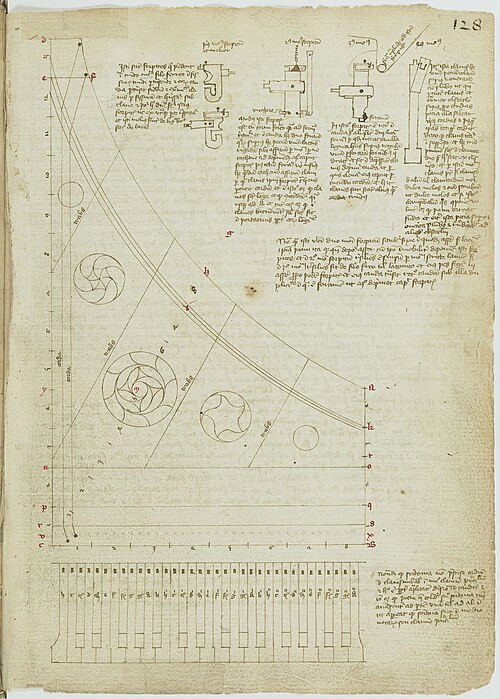Clavichordnoun
(musical instruments) An early keyboard instrument producing a soft sound by means of metal blades (called tangents) attached to the inner ends of the keys gently striking the strings.
Clavichordnoun
A keyed stringed instrument, now superseded by the pianoforte. See Clarichord.
Clavichordnoun
an early stringed instrument like a piano but with more delicate sound
Clavichord
The clavichord is a Western European stringed rectangular keyboard instrument that was used largely in the Late Middle Ages, through the Renaissance, Baroque and Classical eras. Historically, it was mostly used as a practice instrument and as an aid to composition, not being loud enough for larger performances.
Harpsichordnoun
(musical instruments) A musical instrument with a keyboard that produces sound through a mechanical process. When the performer presses a key, a corresponding plectrum plucks a tuned string. The harpsichord originated in late medieval Europe and is one of the most important instruments used to perform Baroque music.
Harpsichordnoun
A harp-shaped instrument of music set horizontally on legs, like the grand piano, with strings of wire, played by the fingers, by means of keys provided with quills, instead of hammers, for striking the strings. It is now superseded by the piano.
Harpsichordnoun
a clavier with strings that are plucked by plectra mounted on pivots
Harpsichordnoun
a keyboard instrument with horizontal strings which run perpendicular to the keyboard in a long tapering case, and are plucked by points of quill, leather, or plastic operated by depressing the keys. It is used chiefly in European classical music of the 16th to 18th centuries.
Harpsichord
A harpsichord (Italian: clavicembalo, French: clavecin, German: Cembalo, Spanish: clavecín, Portuguese: cravo, Dutch: klavecimbel) is a musical instrument played by means of a keyboard. This activates a row of levers that turn a trigger mechanism that plucks one or more strings with a small plectrum made from quill or plastic.

















